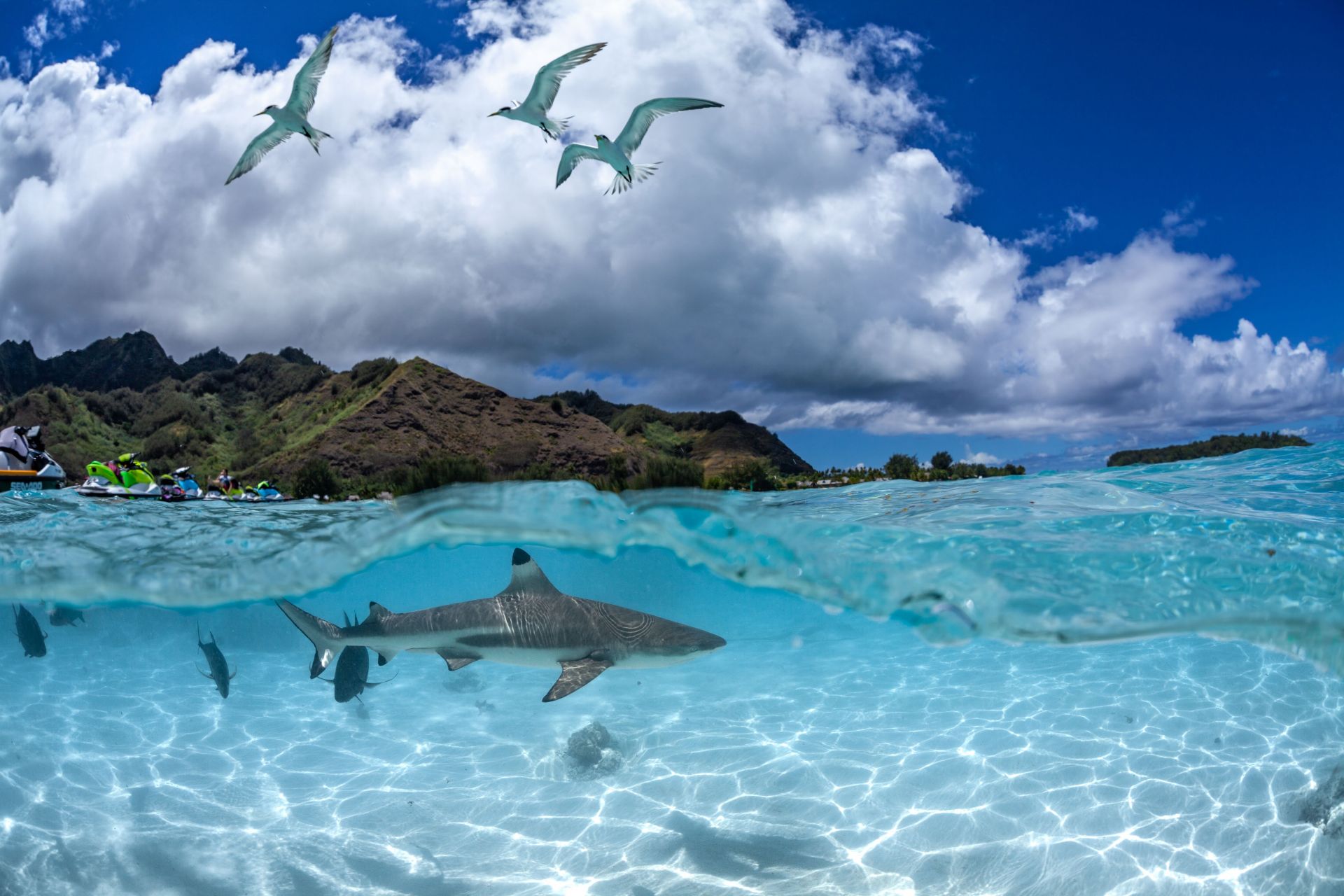Media Releases
JCU a global ‘engine room’ for marine sustainability research

James Cook University has been recognised as among the world’s biggest contributors to marine conservation and sustainability research, according to a highly respected research index.
Developed by the top-tier science journal Nature, the “Nature Index” found Townsville was the world’s second most-prolific city for research related to the United Nations’ Sustainable Development Goal “Life below water (SDG14)”. The Index is based on research published in 82 high-quality scientific research journals between 2015 and 2020.
52 per cent of that local research came from JCU.
JCU Environmental Social Scientist and ARC Centre of Excellence for Coral Reef Studies Senior Research Fellow Dr Georgina Gurney said the university’s success in marine conservation and sustainability research was testament to the dedication and passion of its researchers.
“It’s exciting that Townsville is such an engine room for research on marine sustainability,” Dr Gurney said.
“We’re only just behind Beijing according to the Index, and ahead of much larger cities with many universities, like San Francisco and Boston.”
Dr Gurney said that tropical seascapes are a current focus of research on marine sustainability because “they are biodiversity hotspots and support the well-being of millions of people across the globe”.
“But people’s strong cultural, social and economic ties to these areas are under threat because the tropics are experiencing some of the greatest rates of environmental and social change, including due to climate change.”
“So research on tropical marine sustainability is particularly pressing and Townsville is a great place to do it,” she said.
“We’re located right next to the world’s largest coral reef, the Great Barrier Reef. Coral reefs are the ‘canary in the coal mine’ for assessing the impacts of climate change on the environment.”
JCU’s extensive collaborations with tropical nations, particularly in the Asia-Pacific, is a very important contributor to Townsville being a world-recognised hub for marine research, Dr Gurney said.
“The importance of meaningful collaborations between high- and low- or middle-income countries is increasingly recognised by conservation and sustainability researchers,” she said.
“Co-producing research with local scientists and practitioners is critical to decolonising science. It is also going to lead to high-quality research that is more likely to have real-world impact because not only do these people know their country best and have established relationships with local communities and other stakeholders, but diverse research teams lead to new solutions for sustainability problems.”
Dr Gurney has research partnerships with local practitioners and scientists in a number of tropical countries, including with Dr Sangeeta Mangubhai, who directs the Fiji programme of the Wildlife Conservation Society (WCS), an international non-profit organisation. Together with other collaborators they developed a monitoring framework, which aims to identify how coral reef conservation can support conservation outcomes and the well-being of coastal communities.
The framework has since been implemented by WCS and its partners in more than 130 communities in seven countries across Africa, Asia and the Pacific.
Media enquiries: michael.serenc@jcu.edu.au